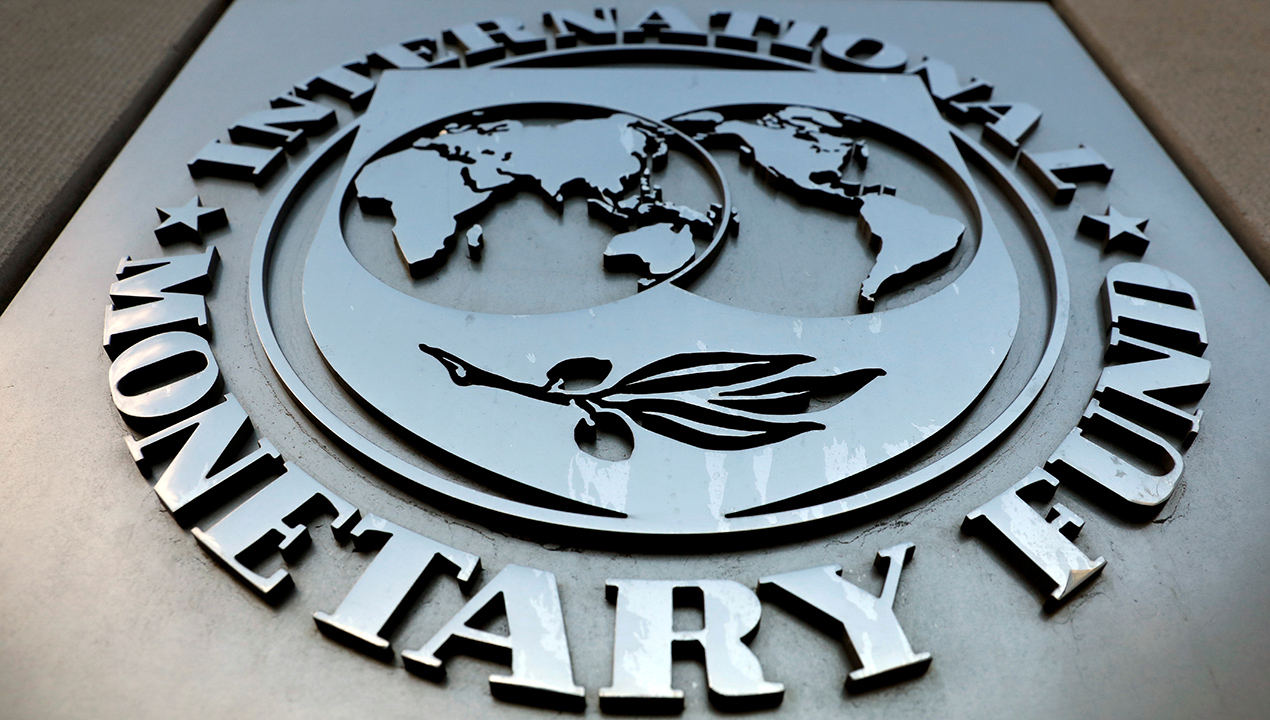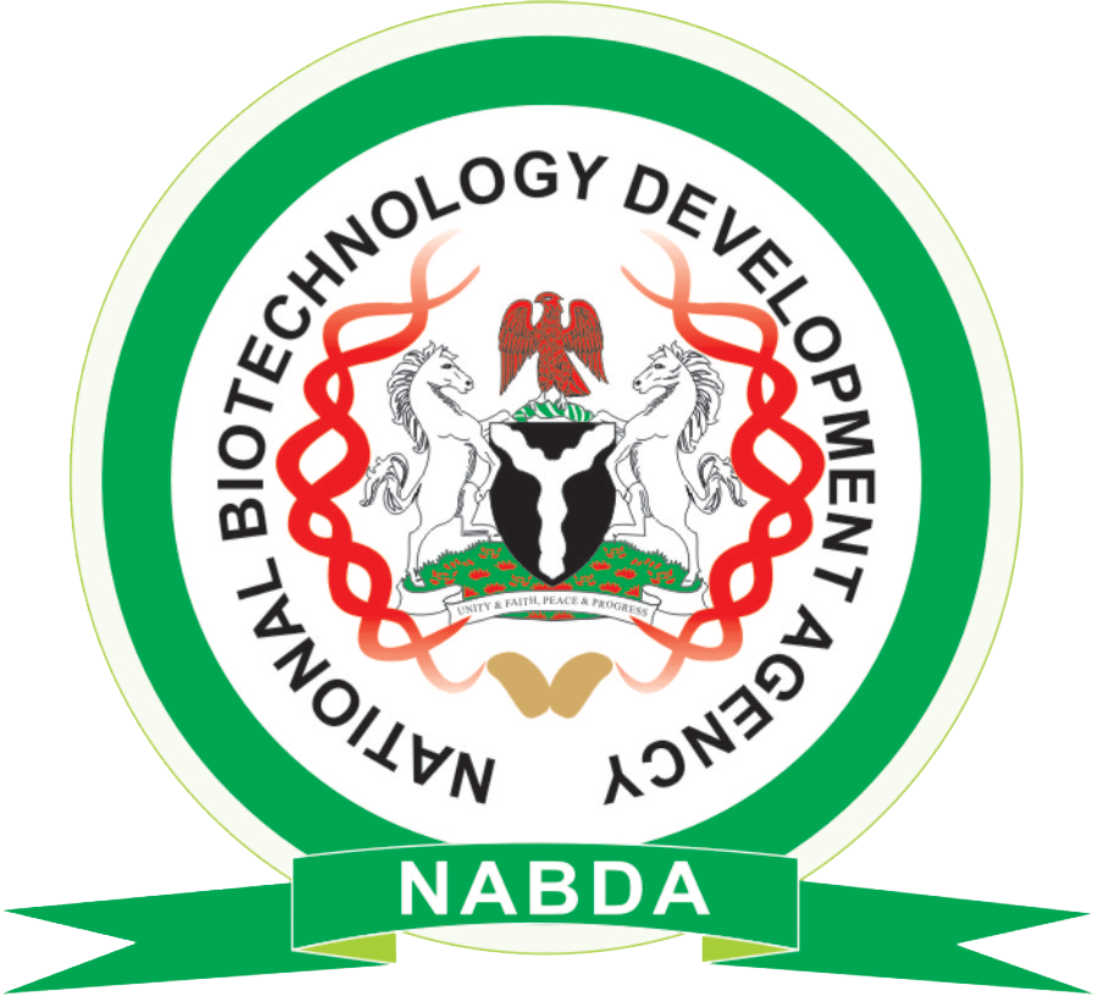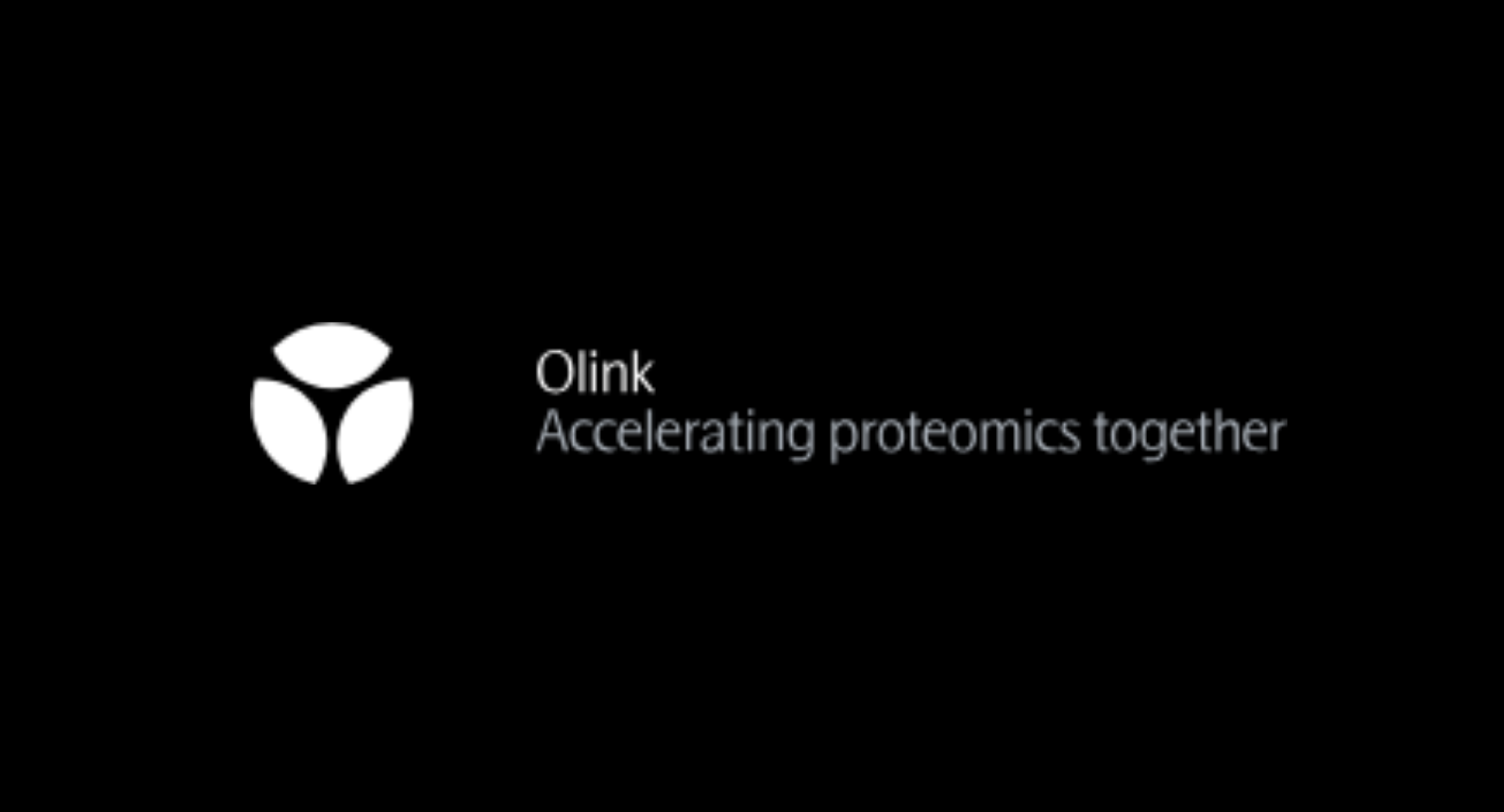In a heated competition within the African fintech landscape, LemFi emerges victorious as the Nigerian Tech Product of the Year for 2023.
Formerly known as Lemonade Finance, LemFi has become a game-changer in cross-border payments, simplifying remittances for immigrants across 12 African countries.
Hosted by Fatu Ogwuche of Big Tech This Week, The Crossover Show bestowed the coveted title upon LemFi, drawing attention to its remarkable contributions to the fintech ecosystem. Industry veterans lauded the company led by Ridwan Olalere and Rian Cochran for its effectiveness and seamless functionality.
Read also: NeuRaL AI launches BionicBox for enterprises
Endorsement by Techcircle’s OO Nwoye
During the show, Techcircle’s OO Nwoye emphasized LemFi’s efficiency, stating, “Not that remittance is easy, but I visited four African countries and did not have challenges transacting in Senegal, Kenya, or Ghana. With LemFI, it was like having a local bank account.”
LemFi’s Two-Pronged Strategy
LemFi’s success is underpinned by a strategic approach involving the acquisition of licenses and the establishment of a robust network of financial partners. The journey commenced in 2020 as Lemonade Finance, facilitating remittances from Europe and North America to Nigeria, Ghana, and Kenya.
Expanding Horizons and Strategic Acquisitions
In 2021, LemFi expanded swiftly to the UK and added ten new African remittance corridors, showcasing its rapid growth and ambition. The acquisition of UK-based Rightcard Payment Services in 2021 allowed LemFi to secure an EMI license, broadening its service offerings to include e-wallets and other financial services.
The year 2023 marked a pivotal moment for LemFi. In May, the company underwent a rebranding from Lemonade Finance to “LEMFi,” symbolizing a new ambition and dedication to breaking down barriers and transcending borders.
In July 2023, LemFi achieved a significant milestone by obtaining an International Money Transfer Operator (IMTO) license from the Central Bank of Nigeria through Rightcard Payment Services. This allowed LemFi to partner directly with Nigerian banks, streamlining the remittance process and eliminating intermediaries.
Adding to its momentum, LemFi secured an impressive $33 million in a Series A funding round in the same month. The funding underscored investor confidence in the company’s vision and execution amid a challenging fintech landscape.
LemFi’s Potential as Africa’s First Cross-Border Unicorn
With the World Bank reporting a record $20.1 billion in remittances from Nigerians abroad in 2022, projected to reach $26 billion by 2025, LemFi stands at the forefront of a substantial opportunity. While Nigeria has not yet produced a unicorn in the remittance space, LemFi’s innovative approach and strategic positioning could position it as Africa’s first cross-border unicorn.
The Crossover Show’s panellists discussed potential challenges in the cross-border space and expectations of increased regulation from the Central Bank of Nigeria in 2024. While acknowledging the uncertainties, LemFi’s win reflects its commitment to simplifying financial transactions for international communities.
LemFi’s Ongoing Revolution
LemFi’s win at The Crossover Show serves as a testament to its dedication to revolutionizing cross-border payments in Africa. Its commitment to user experience, strategic acquisitions, and robust partnerships positions LemFi as a key player in reshaping the cross-border payment landscape in Africa and beyond.









